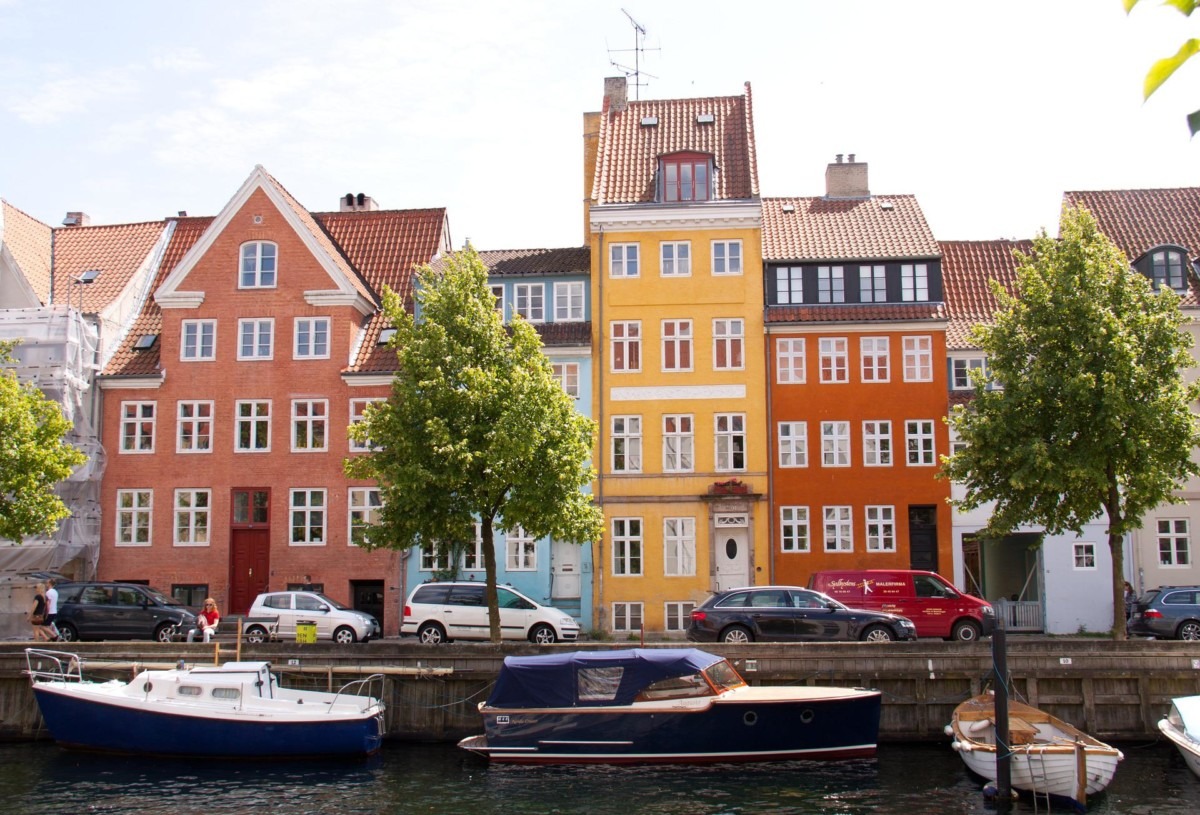Post-Covid survival and climate change for the global fashion industry hang on its willingness to abandon the colonial mindset and welcome suppliers to the decision table as equals
For the first time since the Covid-19 Pandemic, global fashion brands will gather this week in Copenhagen’s Royal Opera House, in the city’s exclusive harbor district, for the Global Fashion Summit.
This year’s theme is “Alliances for a New Era,” in recognition that the industry needs to develop new approaches and new partnerships, as it recovers and rebuilds, post-Covid.
Better Buying represents suppliers in global supply chains – the factory owners and manufacturers in sourcing countries who make the clothes the High Street sells – by collecting data from them about how their customers’ poor purchasing practices impact the suppliers’ businesses.
Many fashion brands still operate according to a colonial mindset where they know best, and where they hold all the power. Most suppliers are not treated as business partners, with experience and insights that could save money and help achieve shared business and environmental goals, but are simply expected to do as they are told. As a result, only a few brave suppliers raise their voices against the low prices and inefficiencies that define many brands’ business practices, even when it means those who remain silent can’t turn a profit or keep their workforce in steady jobs. Fears of retaliation for speaking their minds leaves many suppliers with the view that bad business is better than no business.
Fortunately, even as many brands are still in denial about the role purchasing practices and relationships with suppliers play in sustainability strategy, a small number are improving their purchasing practices in ways that will earn business and reputational benefits. Some of these are big multinationals who are working with us to invite their suppliers’ feedback, and then using that data to drive efficiencies, save costs, and build stronger partnerships with their suppliers, thus building the foundation of good business from which climate goals will be achieved.
Data collected for our most recent Better Buying Purchasing Practices Index revealed that brands and retailers who have subscribed with us over two or more supplier ratings cycles continued to improve their purchasing practices even during Covid-19, and they had begun to build the foundations, and the supplier relationships necessary for supply chain resilience. When the next pandemic or shock comes along, they will be ready.
They are also gathering data that enables them to demonstrate accountability to investors and consumers, should those stakeholders ever awaken to the wide-ranging risks associated with “purchasing practices as usual.”
Improving purchasing practices isn’t “greenwashing.” It makes sound business sense. And the risks of not doing it are existential.
It is a shame that it has taken a global pandemic to finally face up to how damaging the colonial mindset is. But it would be an even greater shame if all the talk of “building back better” and “new eras” is nothing more than catchy phrases used in exclusive settings, with suppliers still denied a voice, and a seat at the table.
As the delegates gather to discuss how the industry can build new alliances to reach ambitious climate goals and weather future disruptions that are sure to come, let’s ask what input they’ve gotten from their suppliers about the topic. Those urgent goals won’t be met without the full participation of suppliers from around the world. And there won’t be a new era if suppliers aren’t encouraged to join and actively contribute to alliances defining it.







